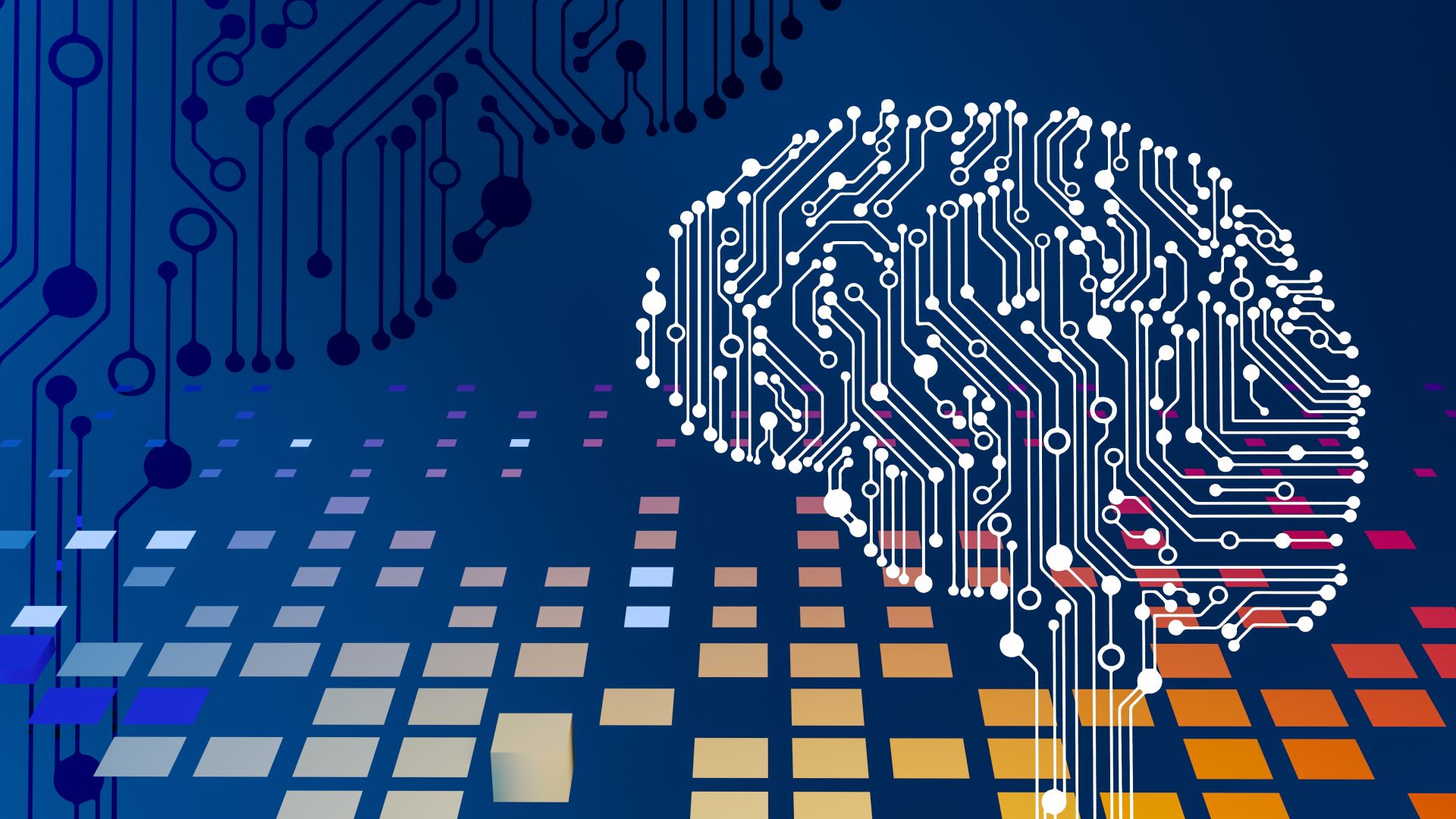In the modern business landscape, Artificial Intelligence (AI) is transforming how companies operate. Integrating AI into business processes enhances efficiency and accuracy – leading to significant time and cost savings.
This allows employees to focus on more strategic tasks. AI’s application in business ranges from automating routine tasks to providing advanced analytics for informed decision-making.
Automating routine tasks
AI significantly impacts business by automating routine and repetitive tasks such as data entry, scheduling, and basic customer service inquiries. By minimizing human error and increasing efficiency, employees are free to focus on more complex and creative tasks where human intelligence and creativity shine.
AI in data analytics and decision-making
AI extends beyond mere automation, playing a crucial role in data analysis and strategic decision-making. Businesses leverage AI algorithms to process large data sets for actionable insights, identifying trends, and forecasting scenarios.
This is particularly valuable in marketing, enabling targeted approaches for better customer understanding, leading to improved results and higher ROI.
AI-Driven customer experience enhancement
AI elevates customer experience through tools like chatbots and AI-powered recommendation systems. These tools provide personalized customer interactions, improve satisfaction, foster loyalty, and encourage repeat business.
AI in human resources
AI streamlines recruitment and enhances employee engagement. It efficiently identifies suitable candidates and analyzes employee feedback to suggest workplace improvements.
AI’s predictive analytics also help identify potential staff turnover, enabling proactive retention strategies.

AI and its impact on SAP
Today, companies are exploring how AI is changing SAP to optimize their operations. They need intelligent solutions to streamline workflows and extract valuable insights from their enterprise data.
This is where AI really shines. Its algorithms can analyze data from various sources within the SAP environment, providing insights that help optimize supply chain management, financial operations, and human resources.
This leads to streamlined operations, reduced costs, and improved decision-making processes within organizations.
Enhancing supply chain and logistics with AI
AI transforms supply chain and logistics management through predictive analytics, enabling accurate demand forecasting and optimized inventory management. AI-driven solutions also plan and optimize routes for efficient deliveries, and predictive maintenance ensures smoother operations.
AI in financial management and fraud detection
AI automates complex financial tasks like budgeting, forecasting, and reporting while also playing a key role in detecting and preventing fraud. It enhances financial security by identifying transaction anomalies that may indicate fraudulent activities.
AI in product development
AI accelerates product development, aiding in design, testing, and launch. AI-driven simulations reduce the need for physical prototypes, and customer feedback analysis guides the development of products that better meet market needs.
Sustainability and AI
AI promotes sustainability in business operations by analyzing data related to energy use and waste production. It helps optimize production processes, reducing carbon footprints and leading to cost savings and improved public perception.
AI in enhancing cybersecurity measures
AI is becoming increasingly vital in strengthening cybersecurity in businesses. AI systems can monitor network traffic and detect anomalies that could indicate a cybersecurity threat, such as unauthorized access or potential data breaches.
These AI solutions can learn from historical data, continuously improving their ability to identify and respond to new and evolving threats. Additionally, AI can assist in automated incident response, allowing for quicker mitigation of cyber threats, thereby safeguarding sensitive data and maintaining business continuity.

AI in customer behavior analysis and market research
AI significantly enhances the capabilities of businesses in understanding customer behavior and conducting market research. By analyzing data collected from various touchpoints, AI can uncover patterns in customer preferences and buying behaviors.
This level of analysis is invaluable for businesses in tailoring their product offerings, marketing strategies, and even customer service approaches. AI-driven market research tools can also scan through vast amounts of market data to identify emerging trends, enabling businesses to adapt and stay ahead in competitive markets.
AI in business process reengineering
AI is not just about automating existing processes but also reengineering them for greater efficiency and effectiveness. By analyzing existing workflows, AI can identify bottlenecks and inefficiencies, suggesting improvements or entirely new processes.
This application of AI is crucial for businesses looking to undergo digital transformation or to modernize outdated practices. Through AI, companies can redesign their operations to be more agile, responsive, and aligned with current market demands.
AI in corporate training and development
The role of AI in corporate training and employee development is growing in importance. AI-powered training platforms can provide personalized learning experiences for employees, adapting to their learning pace and style.
These platforms can analyze an individual’s performance and suggest tailored courses or materials to fill knowledge gaps. Furthermore, AI can simulate real-world scenarios for hands-on training in a safe and controlled environment, which is particularly beneficial for roles requiring high technical expertise or decision-making skills.
This leads to a more skilled and adaptable workforce ready to meet the evolving demands of the business.
AI in enhancing brand perception and public relations
Artificial Intelligence is playing an increasingly crucial role in shaping brand perception and managing public relations (PR). AI tools can analyze social media trends, public sentiment, and media coverage to provide insights into how the public perceives a brand.
This information is invaluable for companies to tailor their marketing and PR strategies. AI can also be used to identify potential PR crises before they escalate, allowing businesses to proactively address issues.
Additionally, AI-driven content creation tools can help in crafting personalized and engaging press releases or marketing content, ensuring consistent and positive brand messaging. This proactive and data-driven approach to PR and brand management helps businesses maintain a strong and positive presence in their respective industries.
Conclusion
As AI continues to evolve, its role in optimizing business processes becomes increasingly significant. By embracing AI, companies can not only streamline their operations but also gain a competitive edge in the market.
The key is to implement AI thoughtfully, ensuring it complements human intelligence rather than replacing it. With the right strategy, AI can be a powerful ally in the quest for efficiency, innovation, and growth.
Featured image credit: Steve Johnson/Unsplash




